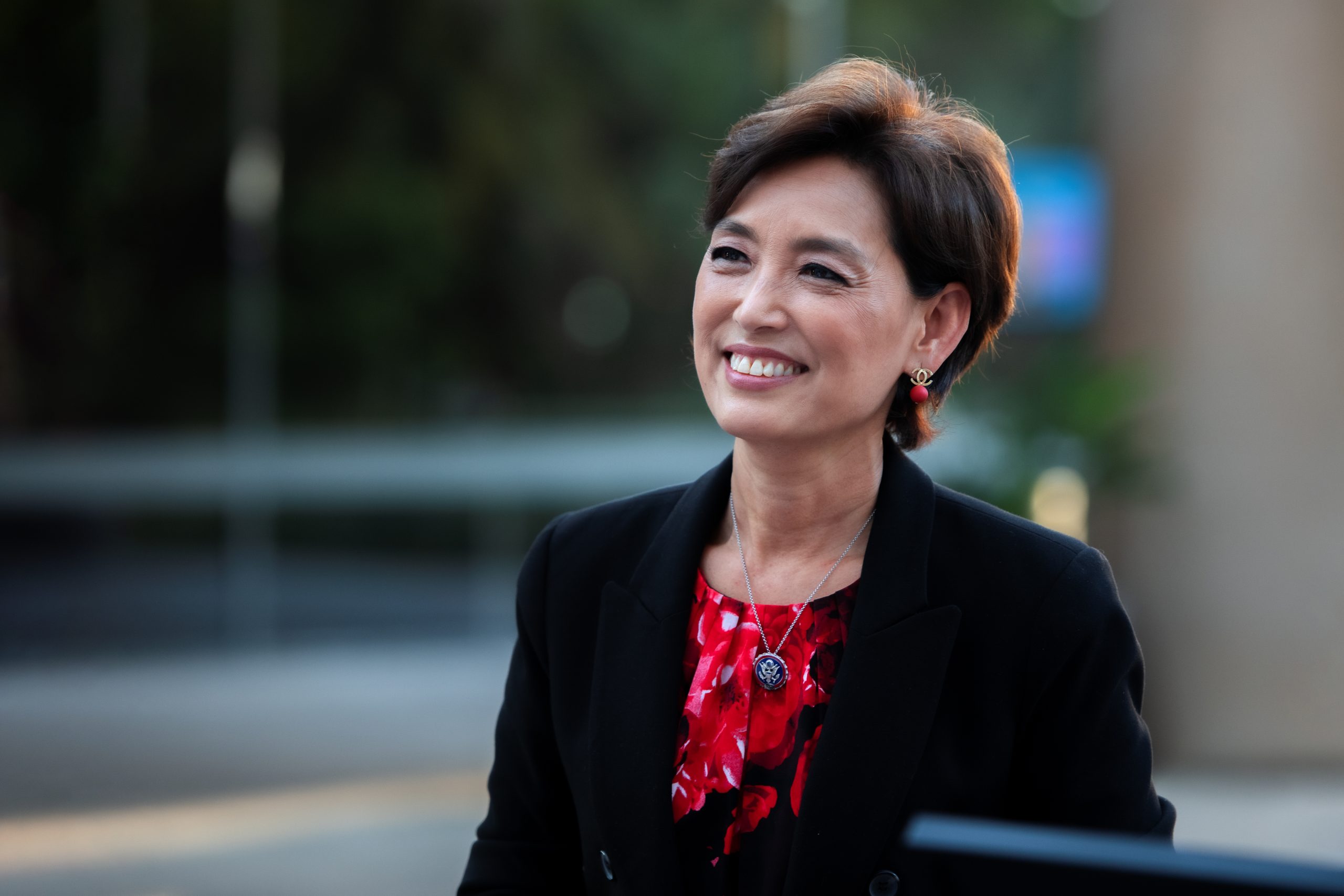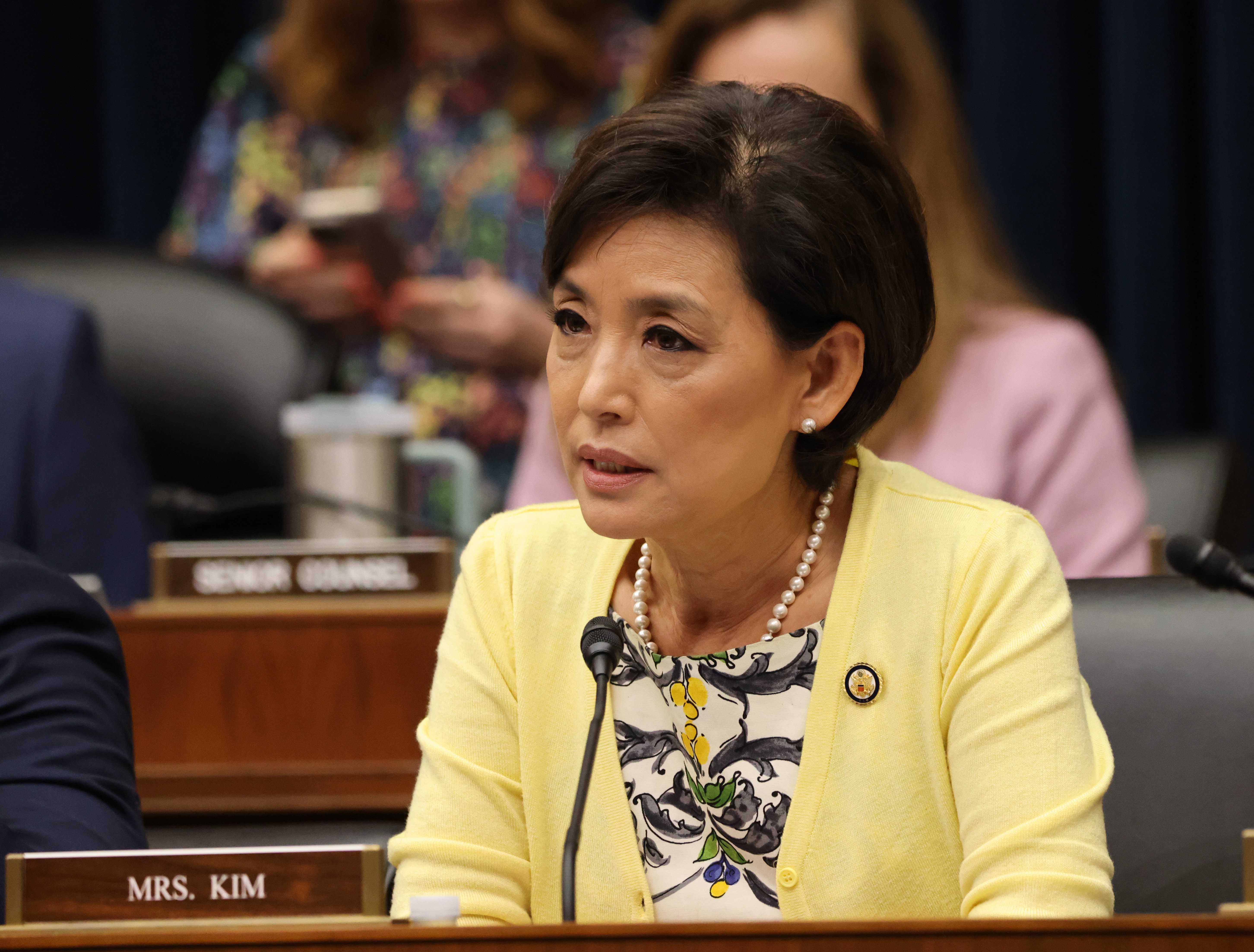U.S. Rep. Robin Kelly, D-Ill, continues her work on improving maternal health by co-sponsoring the Stillbirth Health Improvement and Education (SHINE) for Autumn Act introduced in Congress in March.
The bill, HR 5012, passed out of the House Energy and Commerce Committee Health Subcommittee. The legislation aims to prevent stillbirth through improved data collection, research, education and awareness by developing the first comprehensive, federal-state partnership to reduce U.S. stillbirth rates.
According to the Centers for Disease Control, stillbirth affects 1 in 170 pregnancies, with over 21,000 babies born still each year, or 57 babies dying every day. In the United States, the annual number of stillbirths far exceeds the number of deaths among children aged 0-14 years from accidents, preterm birth, SIDS, drownings, fire and flu combined.
“Mitigating the risk of stillbirth and offering support to mothers and families who have suffered such a loss is essential to improving maternal and infant health in the United States,” Kelly said.
The Congresswoman is co-chair of the Maternity Care Caucus. She represents Homewood and Flossmoor in Congress.
“As a co-chair of the Maternity Care Caucus, I’m proud to join my colleague Rep. Young Kim, R-CA, to identify bipartisan policies to give more families the chance to thrive. Every mother deserves a healthy pregnancy and a happy life with her baby. I’m committed to ending the maternal health crisis and getting mothers and babies the care they need.”
The SHINE for Autumn Act aims to support stillbirth data, research, and education by allowing for:
Grants to states to support data collection, assessment, and reporting on stillbirth and stillbirth risk factors.
The Department of Health and Human Services (HHS), in coordination with health care providers, to develop guidelines and educational materials for state departments of health and statistics on stillbirth data collection, data sharing, and educational materials on stillbirth.
The incorporation of Perinatal Pathology Fellowship Program at the NIH to fund research fellowships on stillbirth, including research and training on fetal autopsies and improved education, research, and data collection.
A report on the effectiveness of the Perinatal Pathology Fellowship Program after five years of enactment.



